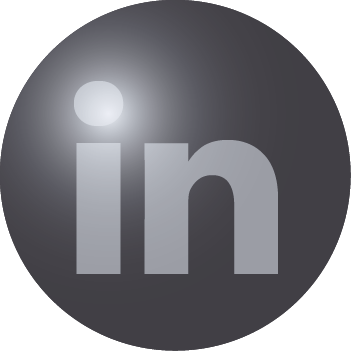TRADITIONAL COMPANY OF SILICON VALLEY HP FACING FURTHER CHALLENGES
As William Hewlett and David Packard began to fiddle in a garage in 1939 which then resulted in a large corporation, the foundation stone of Silicon Valley was laid. Today the company is faced with enormous challenges when competitors such as Apple and Samsung are not intended to further overtake. Through constant change of strategy and massive job cuts, the top management does not contribute to strengthening the work climate, motivation, and especially the power of innovation. In order to survive in the fast growing market continues, HP needs to learn to keep pace. There is no lack of money and the investors still believe in an upswing. What is missing are new, creative, groundbreaking ideas.





